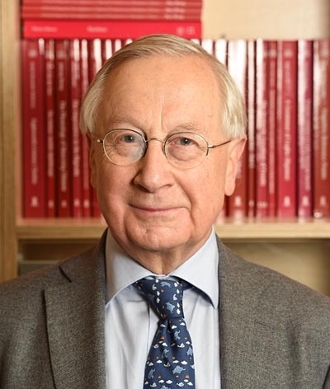Approximately 400 million people worldwide are members of an indigenous community. The influence of the Western world on Indigenous Peoples is greatly underestimated and the complexities of the current situation are little understood. On the one hand, there is the violation of their territory and their heritage by primarily Western transnational companies. Logging, mining and the construction of hydroelectric plants are destroying cultural heritage (sometimes visibly so). On the other hand, as a result of Western colonialism, indigenous people often lack basic rights that are considered normal in the West, such as the right to self-determination and education in their own language. For centuries, countries such as the Netherlands, Spain, England and France extracted commodities from countries on other continents, oppressed the local populations and forced on them their own language, religion and culture. They also took posession of these people’s tangible cultural heritage. For instance, every single example of pre-colonial Mexican pictorial writing, with the exception of half a book, is to be found in a European collection: in many cases, the indigenous people themselves do not even remember that these books exist.
A thousand indigenous languages about to disappear
Colonialism also had a direct impact on the current status of Indigenous Peoples in their own countries. They form a minority and are often the victims of governmental policies that fail to take their interests into account. This is most clearly apparent in indigenous languages that are neither taught nor studied in their country of origin. Here is what Professor of Archaeology Maarten Jansen has to say about it: ‘Of the more than 7,000 languages existing in the world today, around five to six thousand will disappear in the next hundred years. This is not an overly pessimistic estimation, but rather a certainty: the younger generations no longer speak these languages and will therefore not be able to pass them on. The flower has already been ripped from the stalk.’
With the destruction of heritage and the disappearance of these languages, we are losing insights into life and ethics, as well as knowledge about topics such as healthcare and nature. Jansen: ‘Ultimately, everything is our common heritage. When we ignore the knowledge and philosofy of other cultures, it is our own heritage we are destroying.’
UN Declaration on the Rights of Indigenous Peoples
In collaboration with experts in law and humanities, Leiden archaeologists are striving to put a stop to this destruction. This means first of all drawing attention to the rights of indigenous people. These researchers’ work is therefore closely linked to the UN Declaration on the Rights of Indigenous Peoples (2007). They are working to expand the implementation of this declaration, to preserve the knowledge of indigenous people, and to protect their languages, rights and heritage. They are doing this in collaboration with the Indigenous Peoples themselves. Several Leiden researchers are themselves members of indigenous communities.
Leiden University hosts Europe’s leading research centre in the field of Indigenous Peoples. The European Union has awarded the University a number of research grants that together represent €20 million of research capacity allocated to archaeology, languages and cultures of Middle and South America.



















